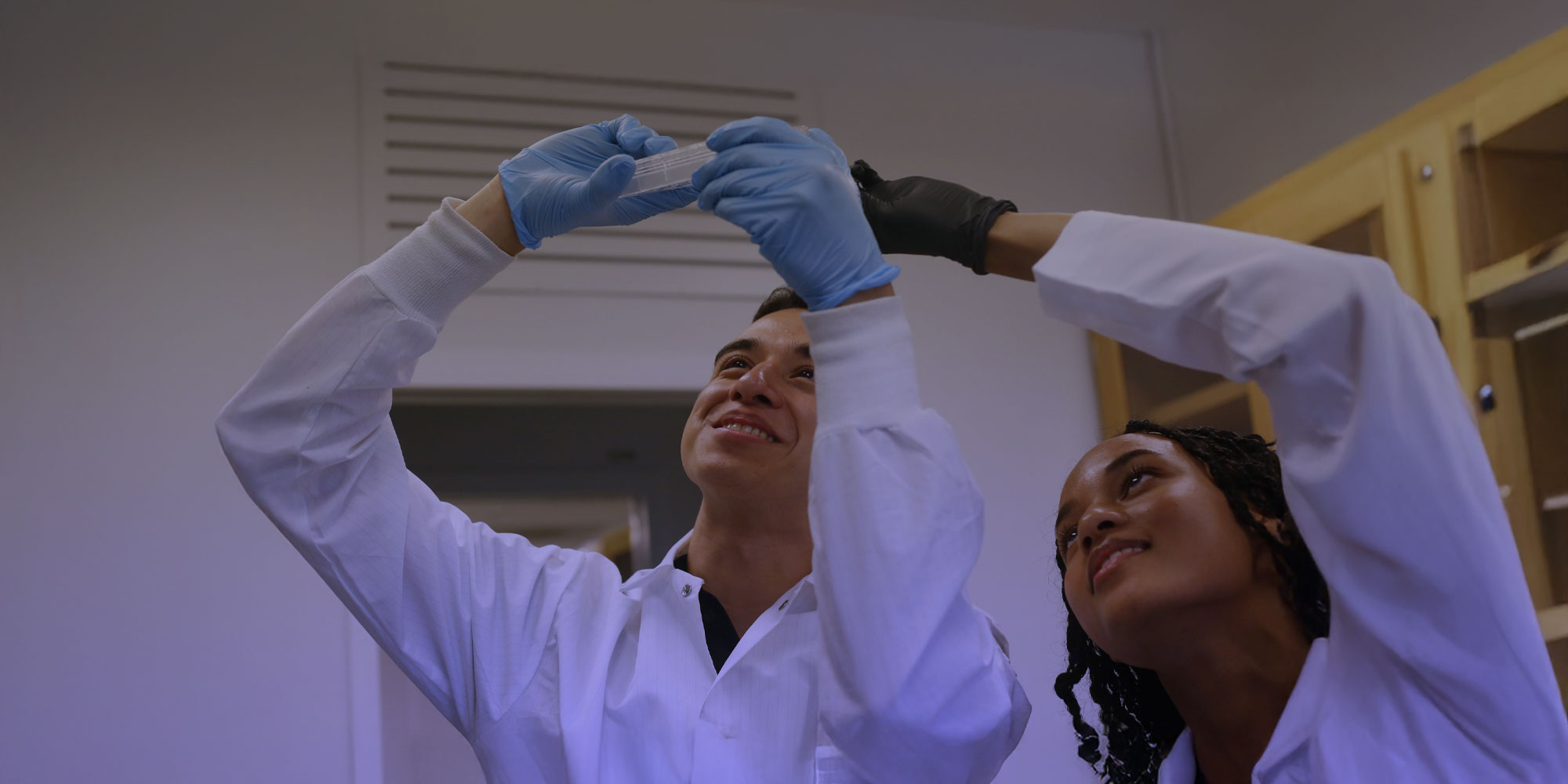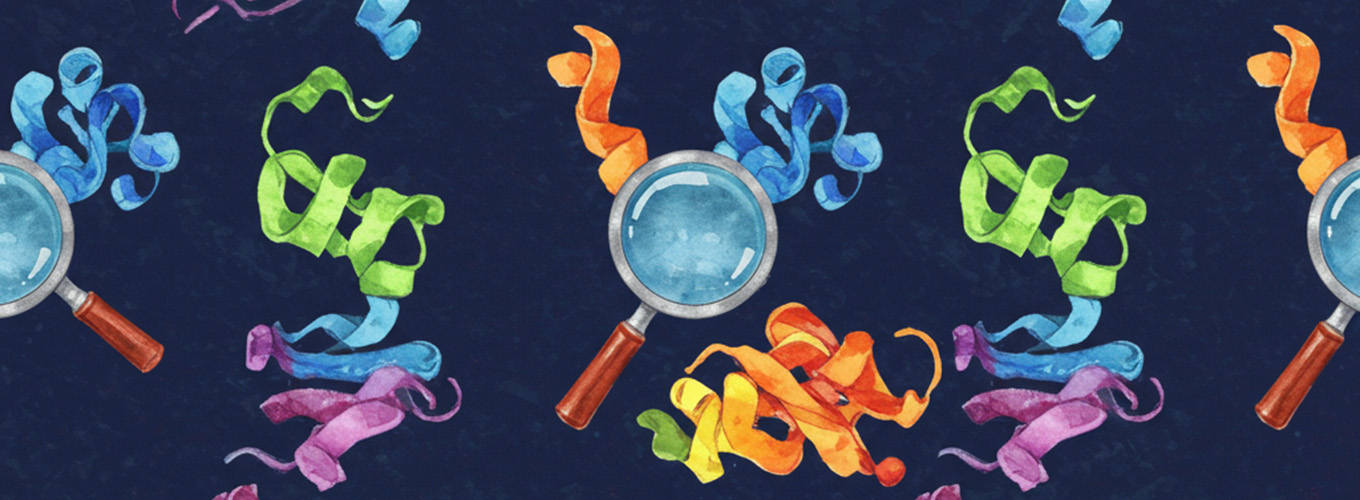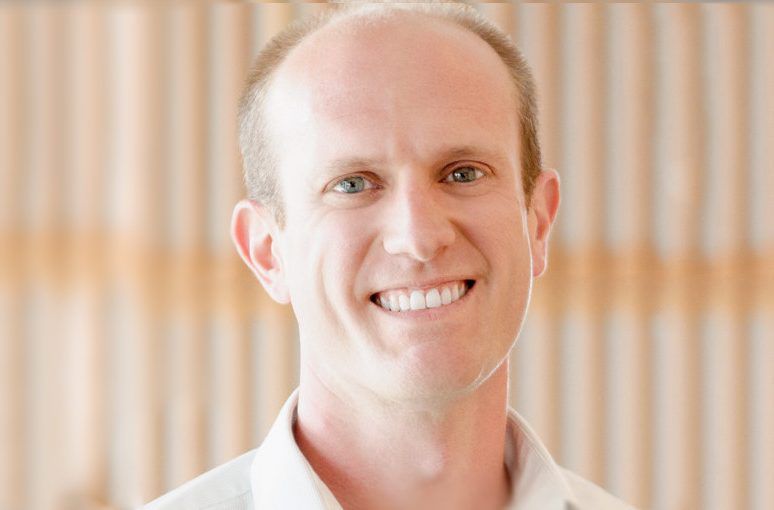
What Comes After Precision Medicine?
Lately I’ve been thinking quite a bit about the definition of Precision Medicine. This was brought about by the CIAPM call for proposals and two associated workshops. The workshops have been stellar, with a feeling more of collaboration than competition. Over the two days, I got to thinking about what Precision Medicine seems to mean right now versus what it might mean in the future.
Wikipedia has an interesting contrast between Precision Medicine and Personalized Medicine. But both PMs are defined as not necessarily implying treatments that are customized for an individual (or even a subset of patients). Instead, they are focused on using large data sets (genomics, proteomics, other omics, health records, etc etc) to determine how some existing medicine should or should not be delivered to a patient.
Let’s say you have a new drug that targets a particularly nasty form of cancer. PMs are currently focused on deciding how you’re going to administer that drug – who will get it and who won’t. That’s very important, all the way from clinical trials into general use. Trials may read out falsely negative if people who have no hope of benefit are included in the trial, and since every drug has side effects it’s best to pair a treatment with those for whom that risk:reward is favorable. But PMs are not about doing diagnostics on an individual patient and then custom-designing a new therapy for that patient.
This has all been weighing on my mind because of the two worlds in which I’ve worked. While I was in biopharma, we talked about Precision Medicine much like the above paragraph. “Precision” meant tens of thousands of people included, but excluding millions. Keith Yamamoto and Atul Butte (link probably obsolete soon, as Atul is now at UCSF) phrase this very nicely in terms of advancing human health by having the courage to tell people “No.”
Now I work in a field in which people in my lab routinely design reagents capable of specifically targeting one gene and changing a single base. If even one person has a mutation that causes a disease, we could theoretically make a reagent to change that mutation within a week or so (in the lab!). We’re not doing that in the clinic, but I think the writing is on the wall, and things might be different in a decade or so.
Widespread treatment-for-1 would be a major challenge, since it differs from normal medicine (and even Precision Medicine) in so many ways. How do we pay for such a thing? Will it be covered by insurance? What’s the incentive for a drug company to make a therapy for only one customer? Or is the technology itself the product and the therapy just one small example? How should we regulate it? How do we know if an intervention is working? How do we know if it’s safe? The N-of-1 trial might be the only thing possible, because there may be only one person with this particular mutation.
As sequencing gets cheaper and faster, we’ll quickly accumulate massive piles of data. That’s currently a very centralized model, in which reams of data flow in to big centers and high-level rules for the application of treatment flow outwards. Turning the clock further forward, a decentralized future is also possible, in which hospital bedside sequencing informs programmable therapies that can be created in the very same hospital. Near-future Precision Medicine will save many lives, but a one-off-treatment system could fill in the corners to spell the end of orphan diseases. Science fiction at the moment, and much needs to happen to bring it about (not just biology, but engineering, regulation, and so on), but at least now we can see a path through the woods.
You may also be interested in

Wolf Prize Laureate Brian Staskawicz on 40 Years of Plant Immunity Research

Announcing the Rising Stars Program: A New Collaboration Between the IGI and Historically Black Colleges and Universities

Breakthrough Method Enables Rapid Discovery of New Useful Proteins

 By
Jacob Corn
By
Jacob Corn